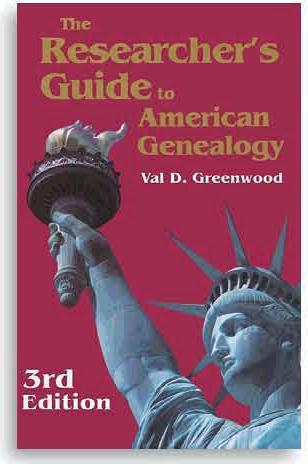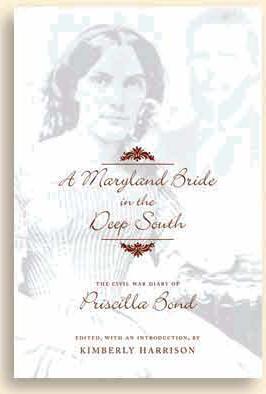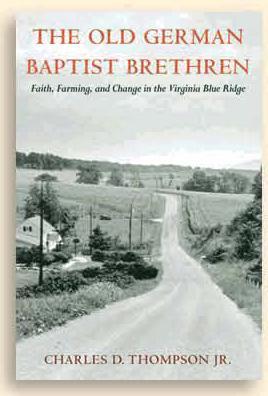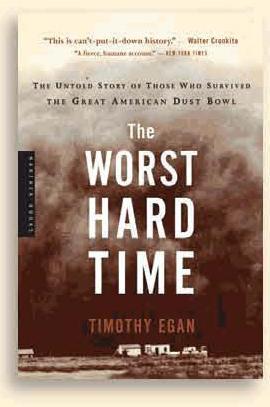Sign up for the Family Tree Newsletter Plus, you’ll receive our 10 Essential Genealogy Research Forms PDF as a special thank you!
Get Your Free Genealogy Forms
"*" indicates required fields
Required Reading: Classic resources you shouldn’t research without.
Whether you’re newbie or a seasoned genealogist, you’ll find helpful information and guidance within the 676 pages of The Researcher’s Guide to American Genealogy, 3rd edition, by Val D. Greenwood (Genealogical Publishing Co.). First released more than 25 years ago, it’s still considered the standard reference for US roots tracers – in fact, it’s often used as a textbook in college and other genealogy courses. Part 1 explains the methods of genealogical research and analysis; Part 2 delves into specific sources. Though some of this seven-year-old edition’s details are dated, Greenwood’s clear, concise writing and comprehensive coverage will teach you timeless principles of sound genealogical research.
Hot off the Press: New books to heat up your family history search.
1 In 1858, 19-year-old Priscilla Munnikhuysen began a new diary, in which she’d write about marrying, leaving her family and taking up residence on a southern Louisiana plantation. In A Maryland Bride in the Deep South: The Civil War Diary of Priscilla Bond edited by Kimberly Harrison (Louisiana State University Press), you’ll see the daily depredations of the war through the eyes of a Confederate soldier’s wife.
2 Faith and farming: For almost 250 years, Franklin County, Va.’s German Baptists have maintained those foundations of their tightly knit community — but not without adapting to change. The Old German Baptist Brethren: Faith, Farming, and Change in the Virginia Blue Ridge by Charles D. Thompson Jr. (University of Illinois Press) uses oral history and archival research to tell their story.
3 During the Depression, Colorado, Kansas, Nebraska, Oklahoma, Texas, and New Mexico saw brutal dust storms, forcing families to flee the devastation. The Dust Bowl is still considered the “worst weather event” in US history – and Timothy Egan presents riveting portraits of the survivors in The Worst Hard Time: The Untold Story of Those Who Survived the Great American Dust Bowl (Houghton Mifflin).
Pros’ Picks: Genealogy gurus share their reading recommendations.
Bound Away: Virginia and the Westward Movement by David Hackett Fischer and James C. Kelly (University Press of Virginia)
• Recommended by: Connie Lenzen, a certified genealogist and president of the Board for Certification of Genealogists <bcgcertification.org>
• Book summary: This book is written as if the authors had genealogists in mind. It’s based on an exhibition at the Virginia Historical Society, which looked at the three stages of migration to, within and from Virginia during three centuries, with each stage telling a different story. The authors weave together cultural interaction, the power structure, conflicting views about liberty and freedom, and the hunger for land.
• Likes and dislikes: I’m researching a Colonial Virginia family who moved to Tennessee, and I could easily focus on sections that discuss migration during the period I was interested in.
• Behind the scenes: Whenever I go on a trip, I read a historical book about the region I’m traveling to. A friend who knew I’m a Fischer fan recommended it to me.
• Lasting impressions: This book helped me understand some of the migratory differences between Virginians and New Englanders.
• Best bonus: Most history books focus on national events and famous people. This book includes those elements, but also stories about “regular” people. Researchers who want to better understand their Virginia ancestors’ behaviors and lifestyles will gain insight from this book.
ADVERTISEMENT





